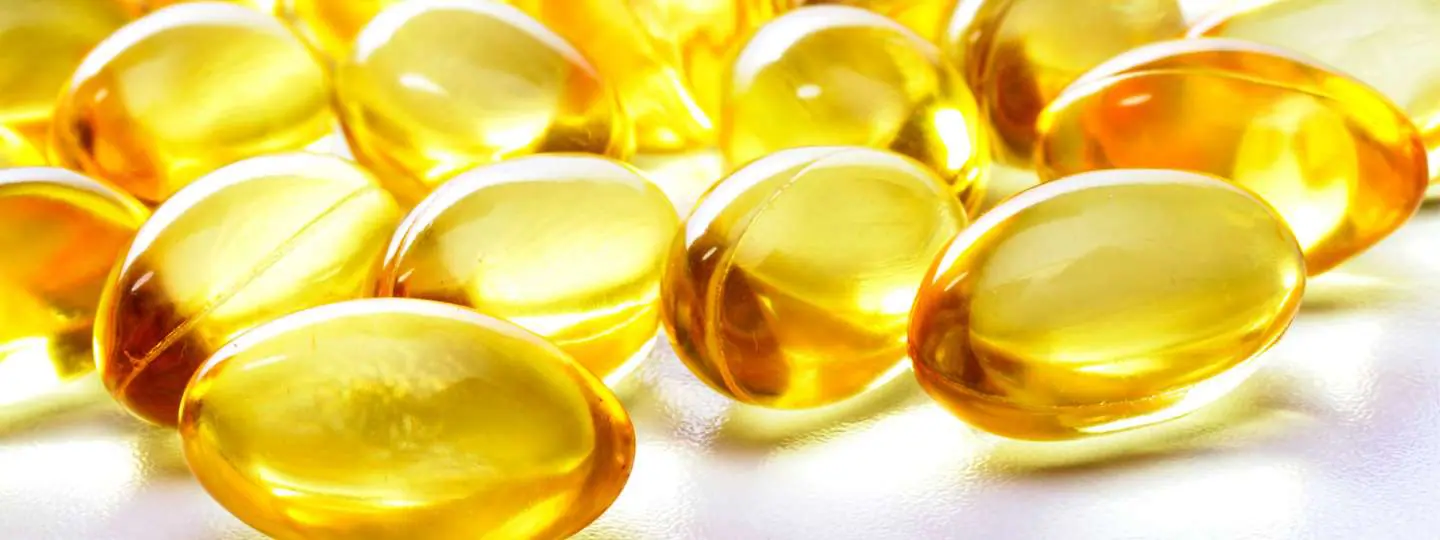Vitamin E FAQs
Are NOW vitamin E supplements natural or synthetic?
At NOW we’re big believers in natural, so we choose to use natural vitamin E, even though it can be more expensive and sometimes harder to source. We don’t carry any synthetic vitamin E, which is indicated by the dl-alpha prefix (as in dl-alpha-tocopherol). All of our vitamin E is the natural d-alpha form (as in d-alpha-tocopherol).
What’s the difference between alpha- and gamma-tocopherols?
Alpha-tocopherol is a member of the family of fat-soluble nutrients collectively known as vitamin E that act as powerful free radical scavengers. In nature there are eight substances (isomers) that are included in the vitamin E family: alpha-, beta-, gamma- and delta-tocopherols; and alpha-, beta-, gamma- and delta-tocotrienols. The four different isomers from both the tocopherol and tocotrienol groups all have different biological activities and potential benefits.
According to research, d-alpha-tocopherol has the highest bioavailability and utility in the body. Human blood and tissue contain much more alpha-tocopherol than gamma-tocopherol, even though gamma-tocopherol is the predominant member of the tocopherol family in our diets. The liver metabolizes both alpha- and gamma- forms, but uses a special protein called alpha-tocopherol transfer protein to preferentially transport and utilize the alpha-form of the vitamin.
What is the difference between unesterified vitamin E and regular vitamin E?
Vitamin E (alpha-tocopherol) can be chemically combined with acetic acid or succinic acid to form a new, more stable compound called esterified E (e.g., d-alpha-tocopheryl acetate). Look for the word tocopherol for an unesterified form, which changes to tocopheryl for the esterified version (when an ester is formed).
What are the sources of your natural vitamin E?
D-alpha-tocopherol can be obtained from non-GMO sources, especially soybean and sunflower oils. However, mixed tocopherols, containing the other three tocopherols (beta-, gamma-, and delta-forms), are typically only commercially extracted from soybeans and are not present in significant amounts in sunflower oil.
Is vitamin E from soy bad for me?
Possible, but highly unlikely. When the vitamin is isolated by distillation from a vegetable oil (i.e., soybean oil) and purified, other parts of the plant are typically left out of the material in the process. This means that phytoestrogens and isoflavones, as well as potential food allergens, are typically absent from this pharmaceutically pure vitamin.









